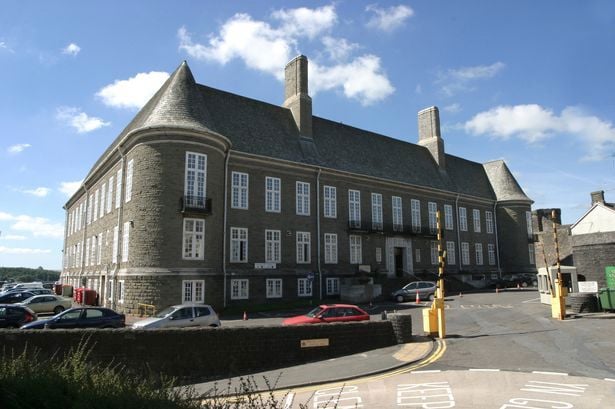A Carmarthenshire councillor who helps oversee a £3 billion public sector pension fund said he was increasingly concerned about “political pressure” it was being put under.
Cllr Dai Thomas, who serves on the Dyfed Pension Fund committee, asked colleagues if this pressure ought to be classed as a fund risk.
He was speaking at a committee meeting which was due to discuss the pension fund’s investments in companies owned by Bute Energy, which wants to build wind farms in mid Wales. One of its companies, Green GEN Cymru, wants to build two sets of power lines from these wind farms to a substation near Carmarthen in order to connect to the electricity grid.
A lack of up-to-date grid infrastructure in Mid Wales has been widely reported for years, but there has been an outcry in Carmarthenshire’s Towy Valley and elsewhere about the prospect of new power lines, and calls for them to be buried underground instead.
The committee had been asked to explore if the pension fund could withdraw from funding arrangements from one or more of Bute Energy’s companies, and also press Green GEN Cymru or Bute Energy to evaluate whether it could bury the cables via a technique called cable ploughing. The committee deferred the discussion to a future meeting.
Dyfed Pension Fund has thousands of members who work for around 50 organisations in mid and west Wales, including Carmarthenshire Council, and its combined assets are worth more than £3 billion. Like many pension funds, it has had requests to divest from fossil fuel investments and reallocate money elsewhere.
Cllr Thomas, who represents Carmarthenshire’s Pen-y-Groes ward, said: “I’m increasingly worried about political pressure from various sources.” There has been pressure, he said, for the fund to invest in infrastructure, then to invest locally, then not to invest in new pylons, then not to not invest in Israel.
Cllr Thomas added that investment firm Baillie Gifford, which the pension fund has holdings in, was now coming under political pressure.
Dyfed Pension Fund manager Anthony Parnell said the fund had a fiduciary duty – meaning a duty of care and good faith – to its members, and that he had engaged with organisations making requests about its investment strategies. Mr Parnell added that stocks the pension fund invested in were monitored. He said he didn’t consider that political pressure should be added to the pension fund’s risk register.
The committee went on to hear that the fund continued to reduce its “carbon intensity” – in other words its holdings in carbon intensive investments. The fund’s carbon intensity was below the market average in September 2020, and continued to be so. A report before the committee said the fund’s carbon intensity had reduced by 15% per year between September 2020 and March 2024.




